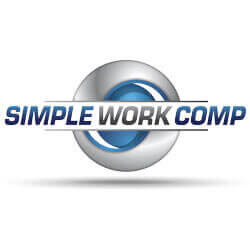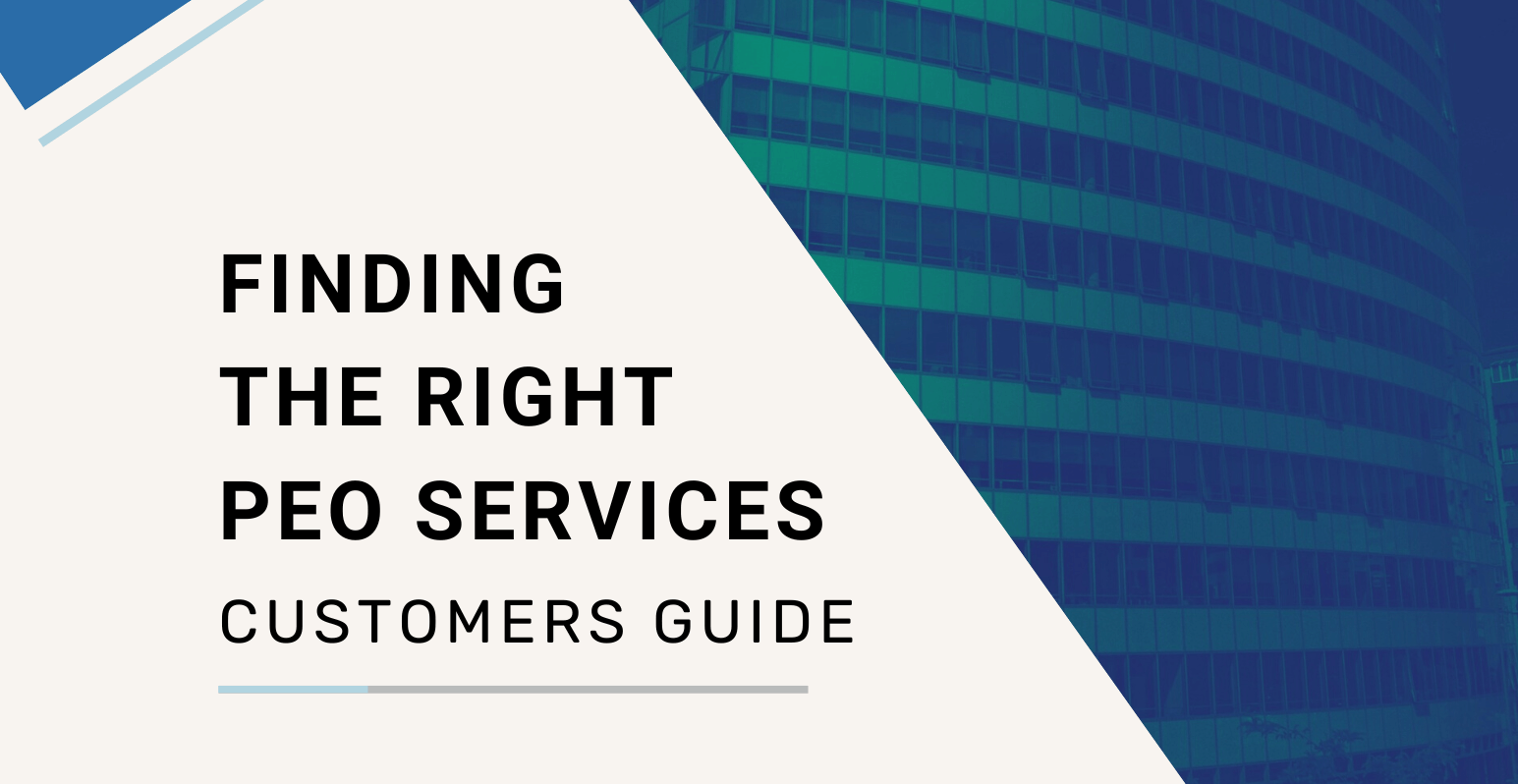FINDING THE RIGHT PEO SERVICES
A business owner’s guide to helping find the right PEO solution for their company. Download the FREE eBook today. When you are ready to make a decision, our experts will be ready to assist.
Florida Workers Compensation Agents
Workers Compensation Agents in Florida Florida Workers Compensation Agents will soon face many challenges in the wake of the recent Florida Supreme Court ruling. Industry leaders and workers compensation underwriters have newly raised concerns as to whether or not other large market states will
Florida Supreme Court Ruling
Workers Compensation Rate Increase 17.1% Florida business owners may soon be paying nearly 20% more for their workers compensation coverage. In response to a recent decision from the Florida Supreme Court, the National Council on Compensation Insurance (NCCI) filed a 17.1 percent rate increase
What Are Employer Health Care Obligations Now?
Employer Health Care Obligations 2015 As the Obamacare Affordable Care Act battle continues in congress, employers are trying to figure out what their healthcare obligations are going to be to their employees. Small companies with 50 employees or more need to have a Health
Reduce Staff & Focus On Growth
A slowly growing employment and business trend known as “co-employment” could make more inroads into Central Pennsylvania in years to come. But at the moment, few businesspeople even know what it is and how it could benefit companies. Simply put, co-employment… or employee leasing
Workers Comp Insurance
Specializing in providing workers comp insurance for businesses struggling to find affordable coverage. Our expert consultants are here to assist you with all of your workers comp insurance questions. [button url=”https://simpleworkcomp.com/workers-compensation-quotes/” target=”” size=”small” style=”skyblue” icon=”” popup=”” title=””]Request A Quote[/button]
Outsourcing Payroll
Many small business or practice owners with employees decide to outsource payroll and related tax duties to third party payroll service providers. This helps employers meet filing deadlines and deposit requirements and streamline business operations. Some of the services provided include administering payroll and
Increase Employee Job Satisfaction
While it sometimes may seem nothing makes employees happy, the fact is keeping employees happy might be easier than you think. When asked what components contributed to overall job satisfaction, workers repeatedly identified the same two items: Trust and confidence in leadership. Trust and
Questions NOT to Ask During an Interview
Small business owners should know which questions are illegal to ask during an interview. Unfortunately that is easier said than done. Appropriate questions are based upon anti-discriminatory laws that vary from state to state. A variety of federal, state and local laws prohibit employment
Are Your Workers Employees or Contractors?
Many small business owners really aren’t sure whether or not their workers are employees or contractors. In fact, some contractors would be surprised to learn they actually are considered employees by government standards; unfortunately, even the most well intentioned small business owners could be


